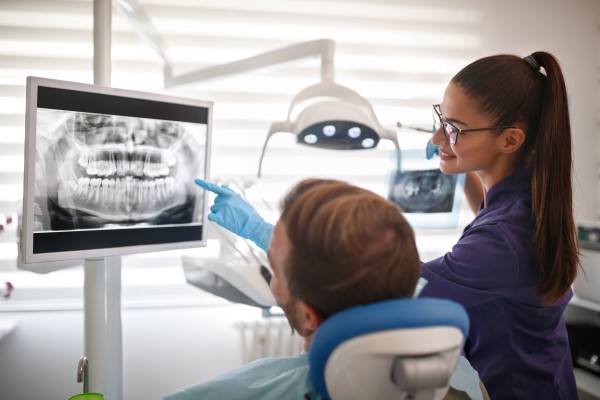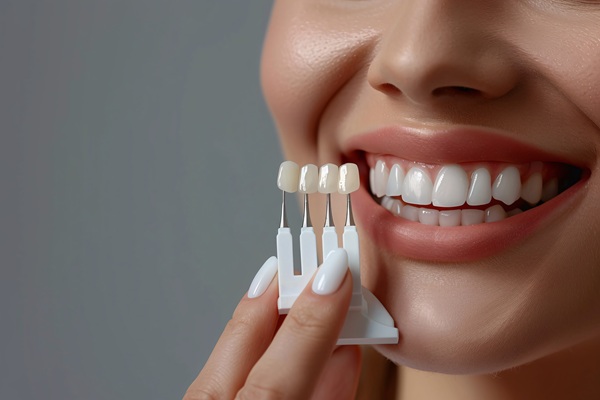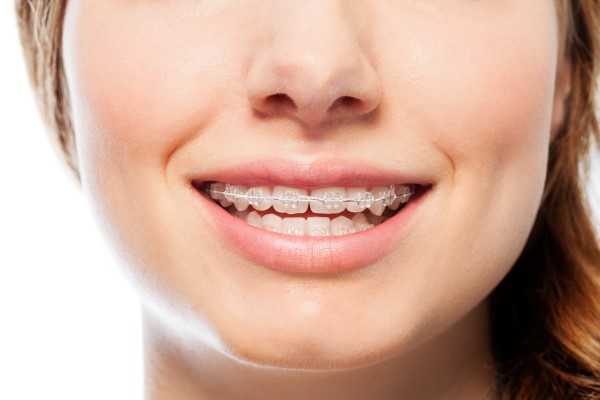General Dentistry Check-Up: Benefits of Digital X-Rays

Although X-rays in general dentistry have been used for ages, digital X-rays are proving to be more efficient and safer. They offer numerous benefits that traditional ones do not, making them more popular among general dentistry practices. Here is what you can expect from the use of digital X-rays in general dentistry.
Digital X-rays in general dentistry
Outlined below are some of the benefits that come along with getting digital X-rays. This information can be quite helpful to review when trying to. better understand how digital X-rays work and why they are popular.
No exposure to radiation
Traditional X-rays that have always been used in general dentistry do put off very low amounts of radiation. Although tests have proven that it is still safe, there is a downfall that comes with being exposed. Some individuals are especially sensitive to exposure, making traditional X-rays unsafe. Pregnant women, too, are advised not to undergo traditional X-rays due to the exposure.
Because of these downfalls, it is beneficial to undergo digital X-rays. There is no radiation exposure, making it safe and harmless. Another added benefit that goes along with the safety is that dental staff can take as many images as needed if the first try is not successful. With traditional X-rays, it is important to get it right the first time to avoid continuous exposure, but with digital X-rays, there is no exposure, so as many images as needed can be taken.
Highlight problem areas
Digital X-rays in general dentistry, of course, highlight problem areas within the mouth. Although general dentists are trained to detect imperfections and problems in the mouth, x-rays can highlight areas that are not as easily noticeable or accessible. X-rays have the capability of showing areas that are not visible to the eye. Without X-rays, cavities or infections can go unnoticed, which can lead to worsening problems and require more extensive treatments.
Less sensitive
Another benefit of digital X-rays is that the images themselves are less sensitive. Traditional X-rays are highly sensitive to movement, making it difficult to always achieve a clear image. With digital X-rays, it is a camera, which is easier to control within the oral cavity. Most general dentists use handheld digital X-rays, which also help navigate the oral cavity more effectively.
Traditional X-rays vs. digital X-rays
Of course, in general dentistry, traditional X-rays are still used quite frequently. It is important to know that although digital X-rays are growing in popularity, traditional methods are still safe. General dentistry and the techniques used are constantly evolving, bringing many new benefits to light. However, traditional methods are still proven to work and produce successful results.
Find out more from a general dentist
When wanting to know more about digital X-rays and how they are used in general dentistry, it is best to consult with professionals. Any questions or concerns about what is involved or how it can be improved can be appropriately addressed. To learn more or to schedule an appointment with the dentist, reach out today!
Request an appointment here: https://austinprimarydental.com or call Austin Primary Dental at (512) 808-5651 for an appointment in our Austin office.
Check out what others are saying about our dental services on Yelp: General Dentist in Austin, TX.
Recent Posts
Understanding the key differences between a dentist and an orthodontist can help patients determine which specialist they need for their oral health care. While both professionals focus on maintaining and improving oral health, their roles, training, and areas of expertise differ significantly. A dentist typically handles general dental care, while an orthodontist specializes in diagnosing…
General dentistry refers to routine oral health care, whether that be oral hygiene or preventive measures, such as keeping bad breath at bay. Nobody wants to have bad breath, and more often than not, it is easily preventable. General dentists often recommend a few different things, which can go a long way in maintaining a…
If you think you are having dental problems, see a general dentist as soon as possible. Unfortunately, dental problems do not usually clear up on their own but tend to worsen without treatment. Learn about the major signs indicating you need to see a dentist immediately.There are many general dentists in Austin and the surrounding…
General dentistry is a form of dental care where practitioners provide a variety of services. Patients who see a general dentist receive preventative services to help maintain good oral health and prevent disease or damage. In addition to preventive services, general dentistry also includes restorative services and cosmetic services.Dental health is essential to a patient's…


